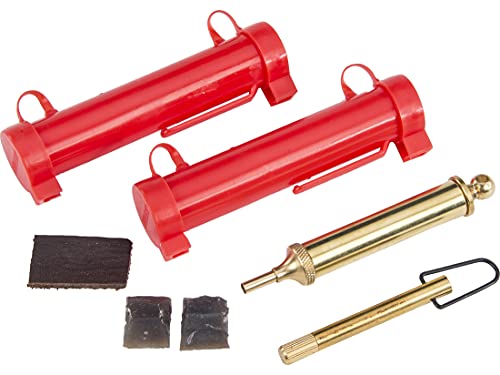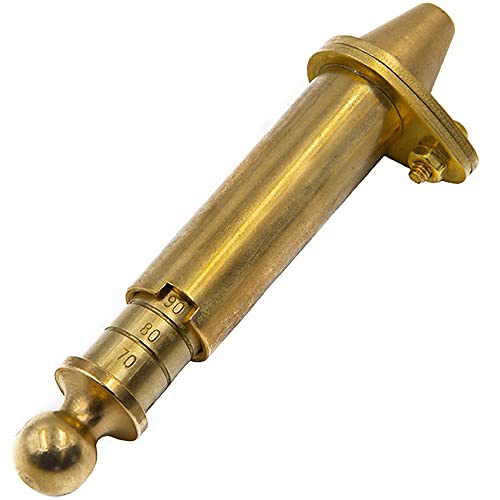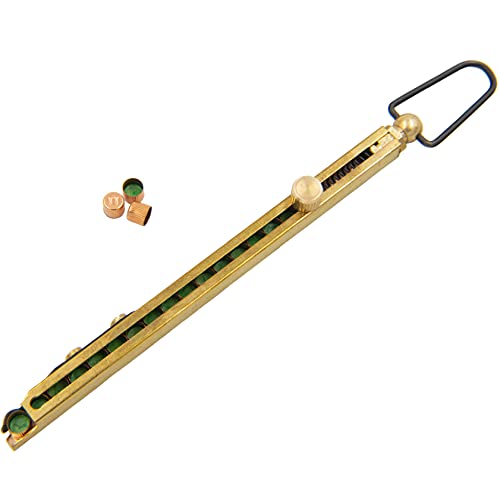I did a search but couldn't find anything specific on the subject: has anyone performed tests on the effect of powder grain size on bullet velocity?
I mean something as loading
- the same gun
- with the same load (in grains)
- of the same powder brand
- with the same bullet (type and weight)
but different powder grain size.
Like using a .36 cap and ball Navy, then load say 20 grains of FFFFg Swiss powder with a round ball, then 20 grains of FFFg Swiss powder, then 20 grains of FFg Swiss powder, no test with Fg which is probably way too coarse, and measure the average velocity for 10 shots.
Or, perhaps for more consistent results, a single shot pistol or musket or rifle.
Common sense tells us that increasing grain size should cause velocity to decrease on a short barrelled firearm such as a revolver or single shot pistol, but how much with each grain size change?
What would happen on a musket (starting with FFFg up to Fg) using the same load (consider that it must be safe to use with the finest grained powder)?
I mean something as loading
- the same gun
- with the same load (in grains)
- of the same powder brand
- with the same bullet (type and weight)
but different powder grain size.
Like using a .36 cap and ball Navy, then load say 20 grains of FFFFg Swiss powder with a round ball, then 20 grains of FFFg Swiss powder, then 20 grains of FFg Swiss powder, no test with Fg which is probably way too coarse, and measure the average velocity for 10 shots.
Or, perhaps for more consistent results, a single shot pistol or musket or rifle.
Common sense tells us that increasing grain size should cause velocity to decrease on a short barrelled firearm such as a revolver or single shot pistol, but how much with each grain size change?
What would happen on a musket (starting with FFFg up to Fg) using the same load (consider that it must be safe to use with the finest grained powder)?






















